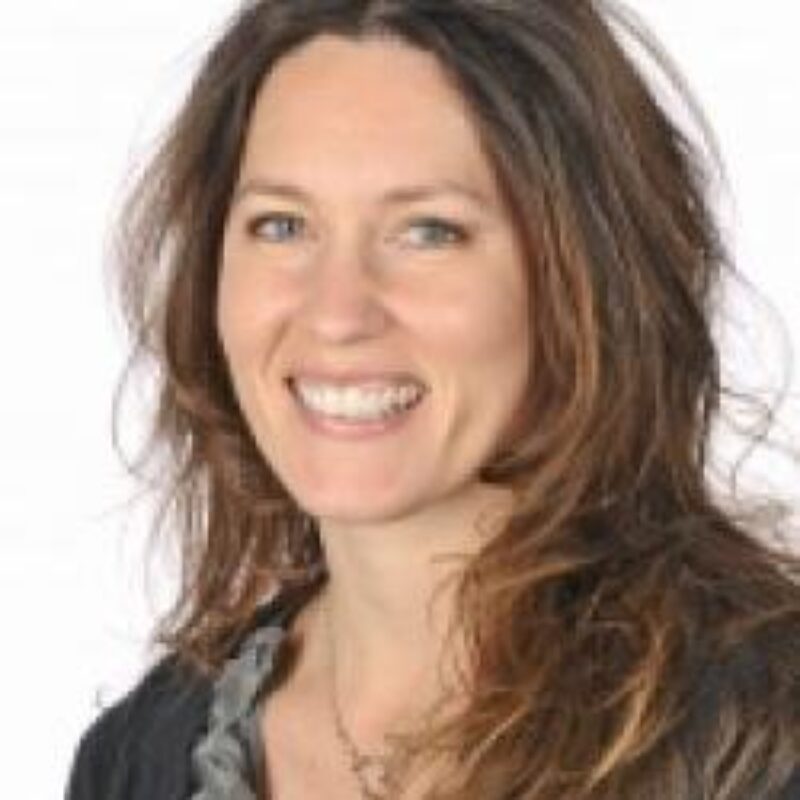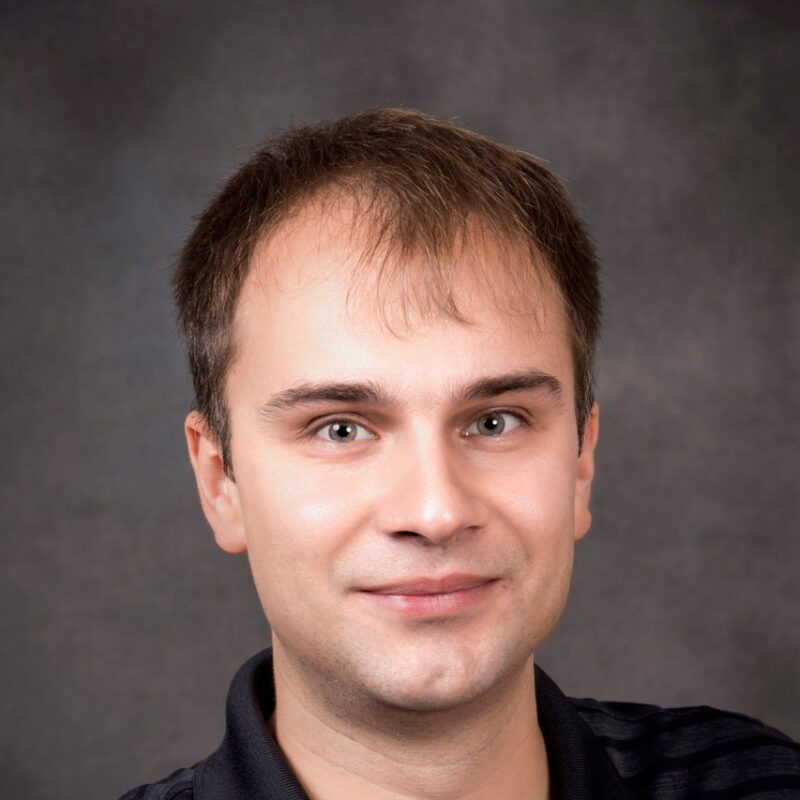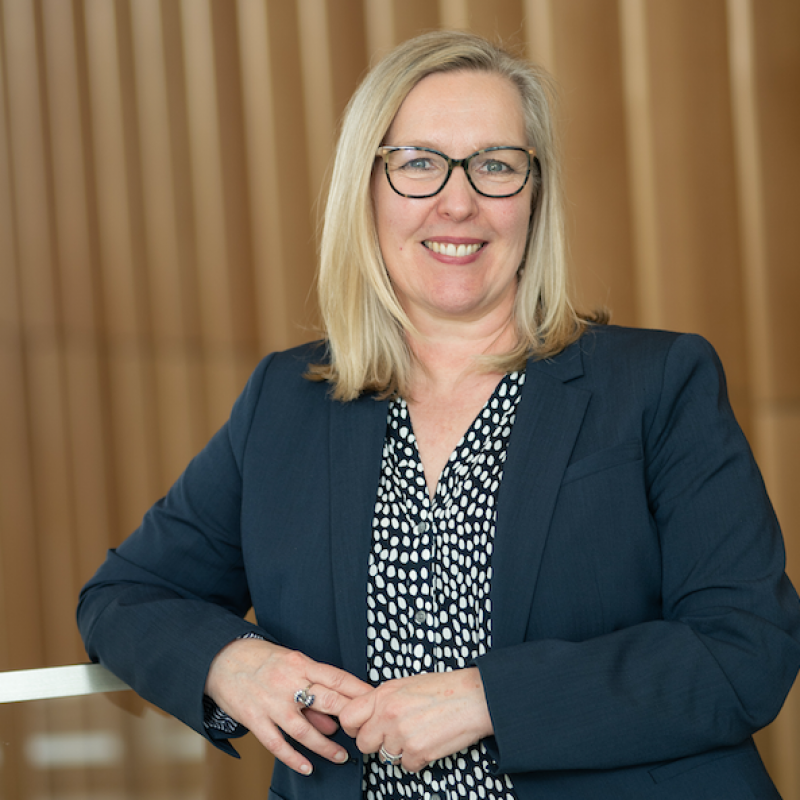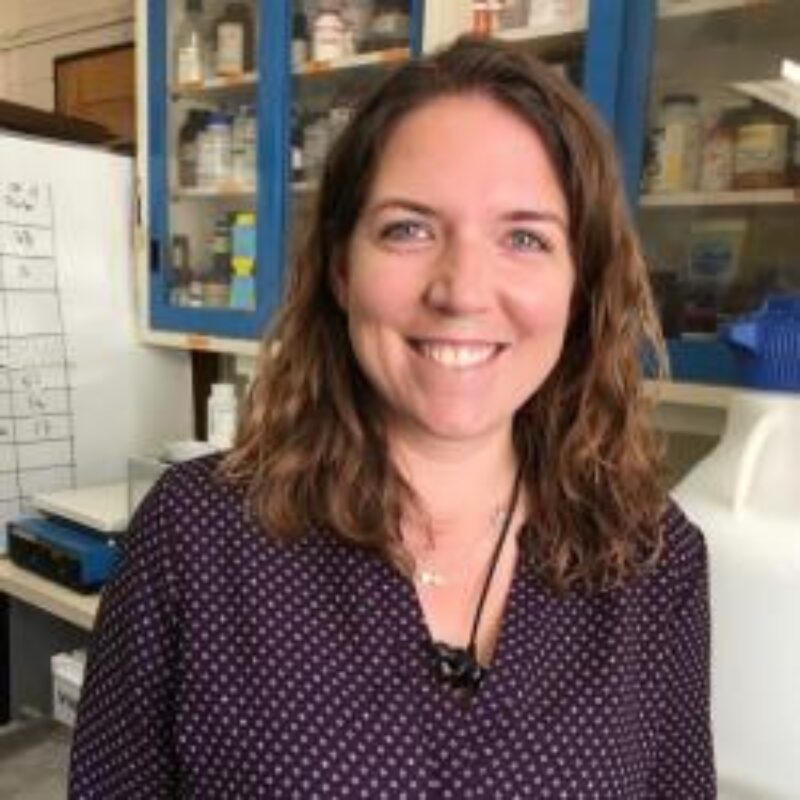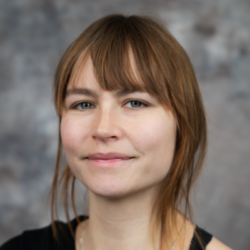Roles:
Faculty, Potential MFF (REU) Host, Potential Undergraduate Mentor
Research Areas:
Agriculture Research, Animal Hosts, Genetics, Genomics and Cell Biology of Infection, Veterinary/Clinical Research, Viruses
The Flyak lab studies human antibody response to viral pathogens. We try to answer questions like, how do human antibodies neutralize rapidly mutating viruses? And, how can we design vaccines that mimic effective antibody responses seen in some individuals? In our lab, we isolate antibodies from human individuals, characterize antibodies using a wide range of immunologic and biochemistry assays, and then use structural biology techniques to “see” how antibodies bind and neutralize viral pathogens. We are currently focused on discovering the main principles of effective antibody response to the highly genetically diverse Hepatitis C virus – a leading cause of chronic liver disease and liver cancer.
Read more about Andrew Flyak
